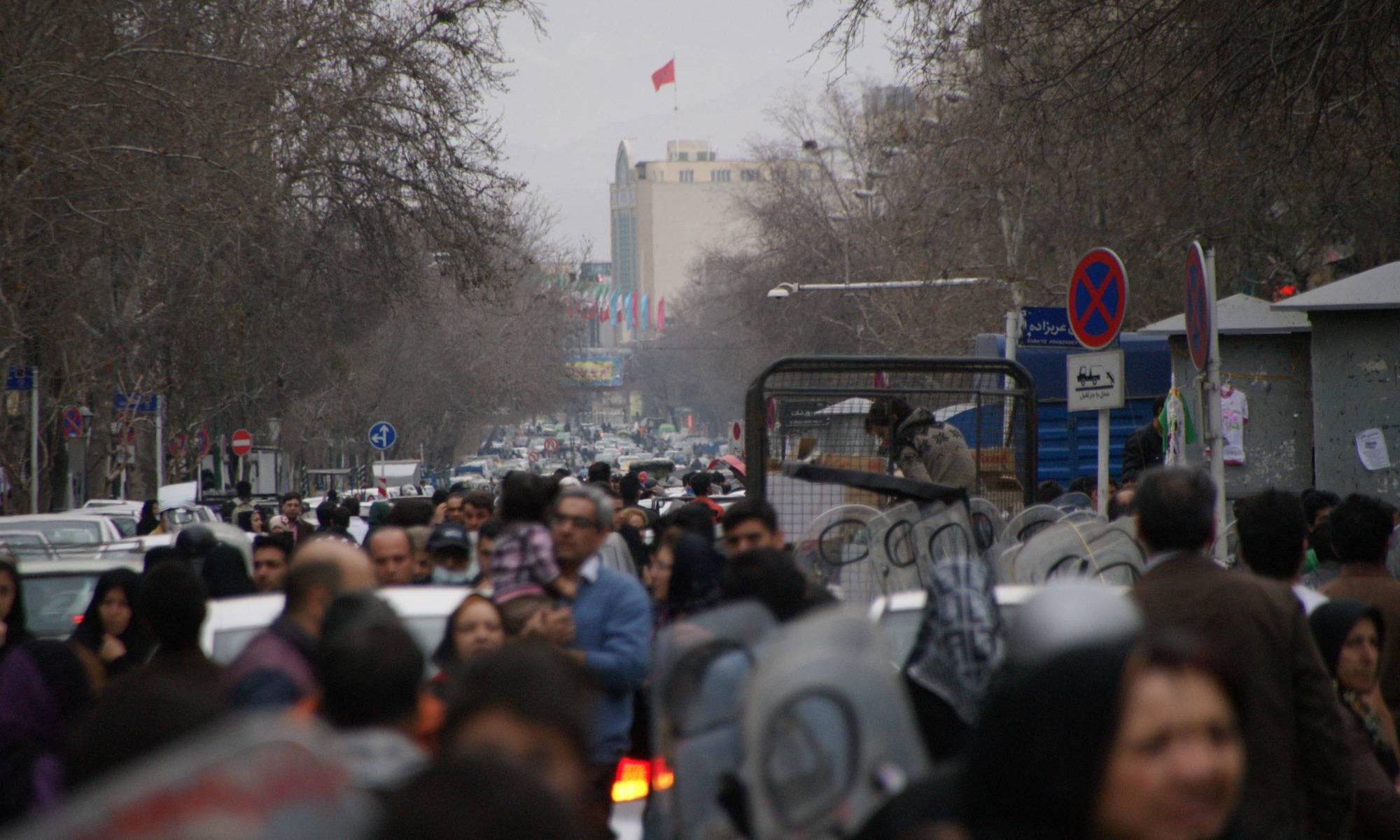Job-housing balance is an important land use planning approach which the urban planners are trying to apply for some years in order to achieve sustainable transport objectives. The main aim of the approach is not limited only to provide a desired match between the commercial and residential land uses to satisfy the demand and supply of employment opportunities at neighbourhood level, also to cut short the job-related daily commuting distance of the residents. The urban form, available facilities and the existing employment opportunities shape up the urban travel patterns. However, the literature findings suggest that these determinants of urban travel pattern are context sensitive. Due to the limited studies on job-housing balance and its relation to urban travel behaviour in the context of developing world, very little insight for establishing any reliable relation is available. Lahore, the second largest city of Pakistan with a population size of 11.13 million has been taken as a case study area to explore this under-researched area. The main objective of the study is to provide reliable primary data on residents travel behavior, land use mix and employment opportunities. Further, with the help of statistical and spatial analyses, the relationship between the key determinants of travel behaviour with respect to land use mix will be established. The findings will inform the relevant policy oriented organizations to better understand that how differences in job-housing balance at neighbourhood level can affect the travel behaviour of the residents.
Team
Dr.-Ing. Houshmand E. Masoumi1
Dr.-Ing. S. Atif Bilal Aslam2
Syed Arif Hussain2
1Center for Technology and Society, Technische Universität Berlin, Germany
2Department of City and Regional Planning, University of Engineering and Technology Lahore Pakistan
